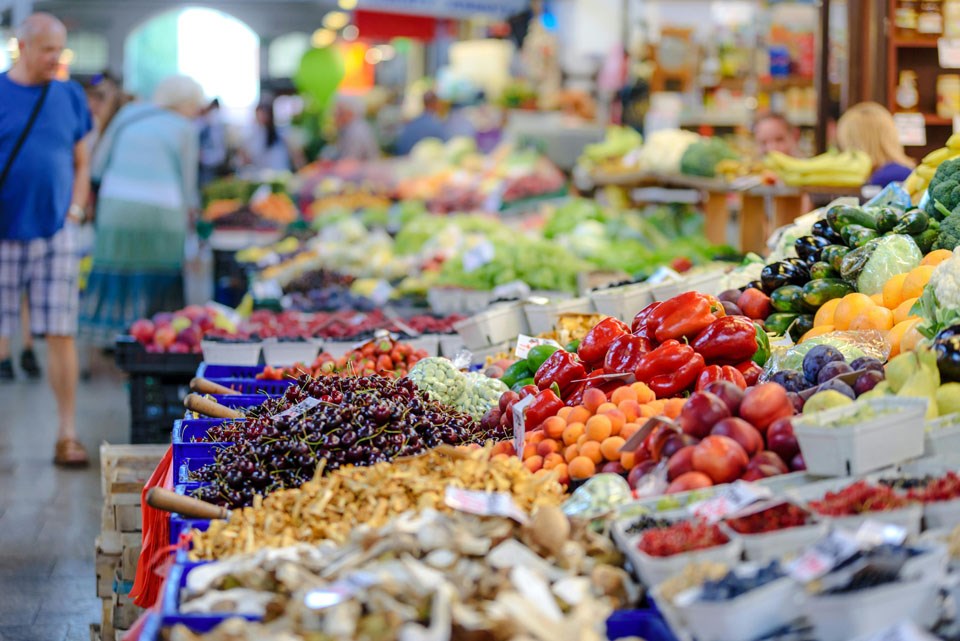A new study published in the Canadian Medical Association Journal (CMAJ) confirms what many suspected: obesity rates in Canada have surged since the pandemic began. Before 2020, the increase was steady but gradual. Since April of that year, the pace has quickened — today, one in three Canadian adults lives with obesity.
The implications are serious. Obesity raises the risk of Type 2 diabetes, cardiovascular disease and certain cancers. Medical care remains essential, but so does access to food people can afford and rely on. Without affordable nutrition, even the best public health guidance rings hollow.
More troubling is the demographic shift: women and young adults — groups historically less affected — are now seeing sharper increases.
Pandemic-era stress, disrupted routines and increased sedentary time, combined with a shift toward ultra-processed foods, frequent snacking and fewer structured meals, all contributed. The decline in mental well-being during this period likely compounded the problem, creating a feedback loop of stress-eating and inactivity.
Then came the inflation shock of 2022, driven in part by Russia’s invasion of Ukraine. Food prices soared, straining household budgets and pushing nutritious options further out of reach. In some regions, staples like fresh produce and dairy rose by more than 10 per cent. For many, poor dietary choices aren’t neglect — they’re necessity. Across the country, food banks reported record demand, underscoring how economic hardship drives nutritional compromise.
In this context, the usual public health refrain — “eat better, move more” — falls flat. It’s not enough to preach healthy habits when the environment undermines them. We must redesign the system to support healthy choices, not shame those who can’t afford them.
For food companies, the pressure is growing. Many are reformulating products and launching “healthier” lines, while others struggle to keep up.
Legacy brands like Pringles, Cheez-It, Pop-Tarts and Eggo, now part of Kellanova (formerly Kellogg), will need major overhauls to stay relevant. Canadian consumers increasingly demand simpler ingredients, honest marketing and at least some nutritional credibility, even from indulgent snacks.
Kraft Heinz is responding by splitting its portfolio, investing in better-performing brands and shedding those that can’t adapt. The shift toward health isn’t optional anymore — it’s an economic imperative. Companies that ignore this trend risk being left behind by a generation of consumers more aware of what they eat and more vocal about corporate responsibility.
But the problem goes deeper than product content. It’s also about how food is marketed. For decades, companies leaned on flashy packaging and slogans to drive impulse buys. That model is under strain. The CMAJ study links emotion-driven eating to rising obesity. Canadians are signalling a desire to regain control, to plan meals, read labels and make informed choices. That means a pivot from impulse marketing to intent-based marketing — that is, appealing to deliberate, informed decisions rather than emotional reaction.
Meanwhile, the pharmaceutical industry is moving to fill the gap. In 2023, about one million Canadians were prescribed GLP-1 agonists such as Ozempic, a drug developed to treat diabetes but now widely used off-label for weight loss. That number could double by 2030. These drugs aren’t cheap: public plans have already spent more than $660 million on Ozempic alone. This underscores a harsh reality — modern medicine is stepping in where our food system has failed.
This isn’t just a public health crisis. It’s a market signal. If Canada doesn’t rethink how it produces, processes, markets and sells food, pharmacies — not grocery stores — will become our primary source of “dietary intervention.” The human and financial costs will be steep.
Dr. Sylvain Charlebois is a Canadian professor and researcher in food distribution and policy. He is senior director of the Agri-Food Analytics Lab at Dalhousie University and co-host of The Food Professor Podcast. He is frequently cited in the media for his insights on food prices, agricultural trends, and the global food supply chain.
The commentaries offered on SaskToday.ca are intended to provide thought-provoking material for our readers. The opinions expressed are those of the authors. Contributors' articles or letters do not necessarily reflect the opinion of any SaskToday.ca staff.




